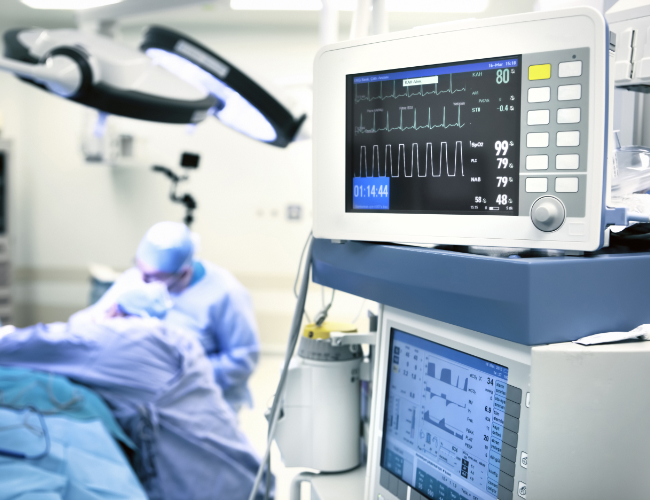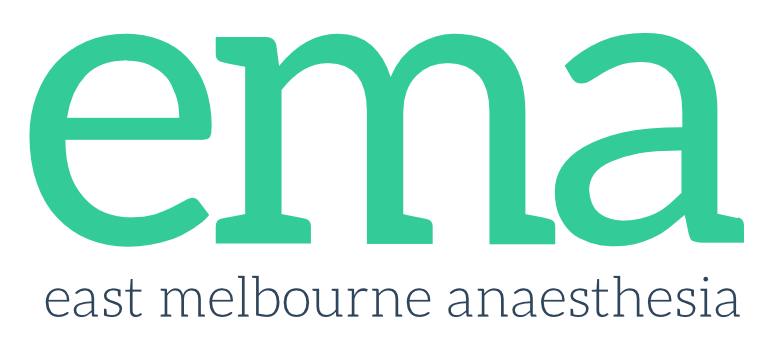Frequently Asked Questions
What type of anaesthesia will I receive?
Your anaesthetist will discuss the type of anaesthesia with you prior to the procedure. Regional anaesthesia or sedation are often recommended for specific procedures for reasons of safety, analgesia and recovery.
What will my anaesthetist discuss with me prior to surgery?
Your anaesthetist will meet with you prior to surgery to discuss your past medical history, allergies, medications and issues with previous procedures. It is very important to bring this information to hospital with you. Your anaesthetist uses this information in deciding the modality of anaesthesia and formulating a plan for pain relief.
A family member has had a reaction to anaesthesia. Am I at risk for my procedure?
Your anaesthetist will be able to address this question as there often many factors to consider. Please obtain information regarding your family member’s reaction and contact us prior to your procedure.
Our anaesthetists will be able to help demystify previous records and results and this can be helpful in allaying anxiety about future procedures.
What are the side effects from anaesthesia?
Common side effects after anaesthesia include
- Nausea and vomiting
- Headache
- Sore throat
- Lethargy
Major but fortunately rare complications after anaesthesia include
- Allergic reactions
- Dental damage
- Cognitive change
- Permanent nerve damage
- Awareness
- Heart attack, failure
- Pneumonia
- Bleeding
- Stroke
- Death
What is the risk of waking up during an operation?
This is a common concern among patients and anaesthetists. Awareness is considered one of the most important outcomes to avoid when administering an anaesthetic. Fortunately, this is rare, with estimated incidence of one episode of awareness per 8000 to 136,000 anaesthetics. This large range occurs mainly due to risk factors which vary according to the patient, procedure and modality of anaesthetic required.
People who experience awareness under anaesthesia often report differing levels such as vague, brief recollections, or a specific moment or place related to the procedure. Patients are more likely to experience awareness during procedures that do not involve general anaesthesia:
- Intravenous (twilight) sedation is often used for procedures such as endoscopy, minor procedures, dental procedures
- Local or regional anaesthesia such as spinal, epidural or nerve block where specific parts of the body are made numb for the procedure
If you have had previous awareness, or are worried about awareness, please discuss this with your anaesthetist.

